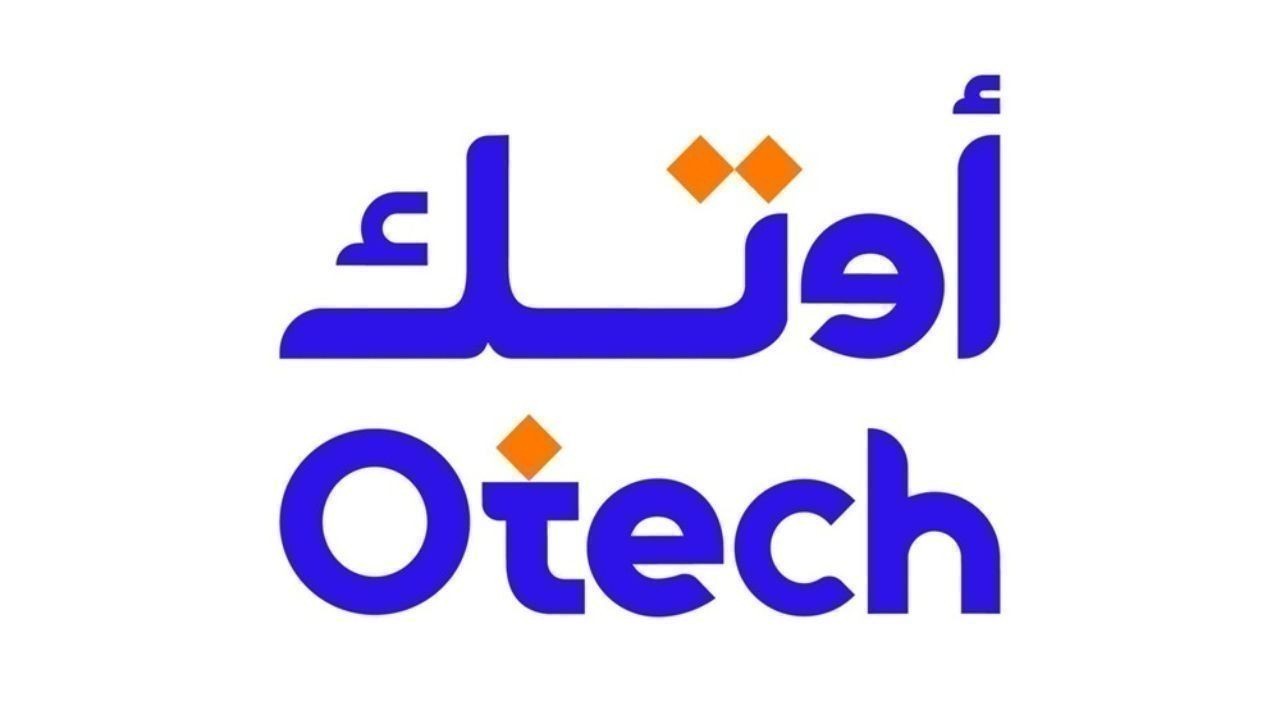
Post by : Raina Mansoor
In recent years, Saudi Arabia has emerged as a formidable player in the global aerospace sector, particularly in the field of helicopter manufacturing. This ambitious move is a crucial part of the country’s broader vision to diversify its economy beyond oil and to become a hub for high-tech industries. With significant investments and partnerships, the rise of local helicopter manufacturing in Saudi Arabia signifies a turning point for both the national economy and the aviation landscape in the region.
 A Vision for Diversification
A Vision for Diversification Saudi Arabia's Vision 2030 plan sets the stage for a more diversified economy, with a strong emphasis on technology and innovation. The kingdom recognizes the need to reduce its dependence on oil revenues and is investing heavily in various sectors, including tourism, entertainment, and technology. As part of this vision, the development of local aerospace capabilities has become a priority, with helicopter manufacturing taking center stage. By establishing a robust aerospace industry, Saudi Arabia aims to create jobs, foster technological advancements, and enhance its defense capabilities.
To realize its aerospace ambitions, Saudi Arabia has entered into strategic partnerships with leading global aerospace manufacturers. These collaborations aim to leverage foreign expertise while building local capabilities. One notable example is the partnership with Boeing, which involves establishing a helicopter manufacturing facility in the kingdom. This facility will not only produce helicopters for military and civilian use but will also focus on research and development, paving the way for innovation in the sector.
Through such partnerships, Saudi Arabia is committed to transferring technology and knowledge to its local workforce. This initiative is vital for building a sustainable aerospace ecosystem that can thrive independently. By investing in local talent and infrastructure, the kingdom is positioning itself as a significant player in the global aerospace market.
The rise of local helicopter manufacturing in Saudi Arabia is poised to have a substantial economic impact. The establishment of manufacturing facilities will create numerous jobs, ranging from engineering and production roles to research and development positions. This job creation is essential for the kingdom, particularly in a youth-dominated population eager for employment opportunities. Additionally, the growth of the aerospace sector will contribute to the diversification of the economy, making it more resilient to fluctuations in oil prices.
Moreover, local helicopter manufacturing will stimulate the supply chain in Saudi Arabia, as various components and materials will be sourced from domestic suppliers. This will not only boost local industries but also reduce reliance on imports, enhancing the overall economic stability of the kingdom. The establishment of a thriving aerospace industry is likely to attract foreign investment and encourage entrepreneurship, further solidifying Saudi Arabia's position as an emerging aerospace hub.
Beyond economic benefits, the rise of local helicopter manufacturing in Saudi Arabia is also closely linked to national security. As regional tensions continue to shape geopolitical dynamics, the kingdom recognizes the importance of developing its defense capabilities. By producing helicopters locally, Saudi Arabia can enhance its military readiness and reduce dependence on foreign suppliers for critical defense equipment.
This initiative aligns with the country’s long-term defense strategy, which aims to strengthen its armed forces through modernization and technological advancements. The local production of helicopters will provide the military with access to state-of-the-art technology, ensuring that Saudi Arabia remains prepared to address potential security challenges.

A key aspect of Saudi Arabia's strategy to boost local helicopter manufacturing involves investing in education and training programs. The kingdom is keen on cultivating a skilled workforce capable of meeting the demands of the aerospace industry. Partnerships with educational institutions and training centers are being established to provide specialized training for engineers, technicians, and other professionals in the field.
These training initiatives will not only equip the local workforce with the necessary skills but also foster a culture of innovation and creativity. By nurturing talent and encouraging research, Saudi Arabia aims to create an ecosystem where new ideas can flourish and technological advancements can thrive. This commitment to education will play a crucial role in sustaining the growth of the aerospace sector in the years to come.
Looking ahead, Saudi Arabia's aerospace ambitions, particularly in helicopter manufacturing, hold immense promise. As the country continues to invest in technology, infrastructure, and talent development, it is well-positioned to become a leader in the global aerospace market. The establishment of local manufacturing facilities will not only meet domestic demand but also open avenues for exports, allowing Saudi Arabia to compete on a global scale.
Furthermore, the rise of local helicopter manufacturing is expected to inspire further innovations in the aerospace sector. With a focus on research and development, Saudi Arabia is likely to explore advancements in areas such as drone technology, electric aviation, and sustainable practices. By embracing innovation, the kingdom can pave the way for a future where its aerospace industry thrives and contributes significantly to the global market.
Saudi Arabia's Aerospace Ambitions: The Rise of Local Helicopter Manufacturing is all about how Saudi Arabia is working hard to build helicopters right in its own country. The article explains that Saudi Arabia wants to make its economy strong by making things like helicopters instead of just relying on oil. This is part of Saudi Arabia's big plan, called Vision 2030, which aims to create jobs and help people learn new skills.
The rise of local helicopter manufacturing means that Saudi Arabia is teaming up with other companies, like Boeing, to learn how to make helicopters and improve technology. By doing this, Saudi Arabia hopes to create jobs for many young people and help the economy grow. The article also mentions that making helicopters locally will make Saudi Arabia safer and stronger because it won't have to depend on other countries for military equipment.
Training is super important for Saudi Arabia, and they want to teach many people how to work in the helicopter manufacturing industry. The article shows that the future is bright for Saudi Arabia's local helicopter manufacturing, with hopes of making new and exciting things and even selling them to other countries.
In simple terms, Saudi Arabia's Aerospace Ambitions: The Rise of Local Helicopter Manufacturing is about how Saudi Arabia is getting ready to make its own helicopters and become a big player in the world of aviation.
This article is provided by DXB News Network for informative purposes only. The views and opinions expressed in this article do not necessarily reflect the views of DXB News Network.
Saudi Arabia, aerospace ambitions, local helicopter manufacturing, Vision 2030, economy, jobs, Boeing, military equipment, training, aviation industry, technology, partnerships, national security, skilled workforce, economic growth

Dhurandhar 2 set to storm theatres on March 19, 2026
Dhurandhar 2, titled Dhurandhar: The Revenge, releases in theatres on March 19, 2026 with a pan-Indi

Chicago Teen Battling Father’s Deportation Dies of Rare Cancer at 16
16-year-old Ofelia Torres Hidalgo dies of rare cancer days after court grants relief to her detained

Dubai Games 2026 Concludes Celebrating Teamwork and Triumph
Dubai Games 2026 ends with Ajman Government, F3, and Czarny Dunajec winning top titles as 1,600 athl

Sheikh Hamdan Honours Arab Hope Maker with AED3 Million Awards
Sheikh Hamdan crowns Fouzia Mahmoudi Arab Hope Maker, awarding AED3 million to top finalists for hum

Dubai Police, DCCA Partner to Boost Parachute Safety and Air Response
Dubai Police and DCCA sign MoU to regulate parachute activities, improve air safety standards, enhan

Predictheon Wins WHX Xcelerate Innovation Champion 2026
Predictheon won WHX 2026 Xcelerate, earning US$12,000, WHX 2027 space and global exposure for its AI

Omantel Launches Otech to Drive Oman’s Future Tech Vision
Omantel launches Otech to accelerate Oman’s digital transformation, strengthen data sovereignty, exp

Dhurandhar 2 set to storm theatres on March 19, 2026
Dhurandhar 2, titled Dhurandhar: The Revenge, releases in theatres on March 19, 2026 with a pan-Indi

Dubai Games 2026 Concludes Celebrating Teamwork and Triumph
Dubai Games 2026 ends with Ajman Government, F3, and Czarny Dunajec winning top titles as 1,600 athl

Sheikh Hamdan Honours Arab Hope Maker with AED3 Million Awards
Sheikh Hamdan crowns Fouzia Mahmoudi Arab Hope Maker, awarding AED3 million to top finalists for hum

Why Drinking Soaked Chia Seeds Water With Lemon and Honey Before Breakfast Matters
Drinking soaked chia seeds water with lemon and honey before breakfast may support digestion hydrati

Morning Walk vs Evening Walk: Which Helps You Lose More Weight?
Morning or evening walk Learn how both help with weight loss and which walking time suits your body

What Really Happens When You Drink Lemon Turmeric Water Daily
Discover what happens to your body when you drink lemon turmeric water daily including digestion imm

DXB News Network Presents “Ctrl+Alt+Wim”, A Bold New Satirical Series Starring Global Entertainer Wim Hoste
DXB News Network premieres Ctrl+Alt+Wim, a bold new satirical micro‑series starring global entertain

High Heart Rate? 10 Common Causes and 10 Natural Ways to Lower It
Learn why heart rate rises and how to lower it naturally with simple habits healthy food calm routin